Real Time Clock DS1307 RTC I2C Module
₹275.00₹355.00 (-23%)
Real time clocks (RTC), as the name recommends are clock modules. The DS1307 real time clock (RTC) IC is an 8 pin device using an I2C interface. The Real Time Clock DS1307 RTC I2C Module is a low-power clock/calendar with 56 bytes of battery backup SRAM. The clock/calendar provides seconds, minutes, hours, day, date, month and year qualified data. The end date of each month is automatically adjusted, especially for months with less than 31 days.
They are available as integrated circuits (ICs) and supervise timing like a clock and also operate date like a calendar. The main advantage of RTC is that they have an arrangement of battery backup which keeps the clock/calendar running even if there is power failure. An exceptionally little current is required for keeping the RTC animated. We can find these RTCs in many applications like embedded systems and computer mother boards, etc.
Features :
- This is the DS1307 Real Time Clock developed by one of our designers.
- Two-wire I2C interface.
- Hour: Minutes: Seconds AM/PM.
- Day Month, Date – Year.
- DS1307 based RTC with LIR2032 battery (Battery include).
- 1Hz output pin.
- Consumes less than 500nA in battery backup mode with oscillator running
- Available in 8-pin DIP or SOIC
- Underwriters Laboratory (UL) recognized
- Real-time clock (RTC) counts seconds, minutes, hours, date of the month, month, day of the week, and year with leap-year compensation valid up to 2100
- 56-byte non-volatile RAM for data storage
- 56 Bytes of Non-volatile memory available to the user.
- The DS1307 is accessed via the I2C protocol.
- The module comes fully assembled and pre-programmed with the current time.
- Programmable square wave output signal
- Automatic power-fail detect and switch circuitry
- Consumes less than 500nA in battery backup mode with oscillator running
- PCB Size (mm) : 28×28
- Weight (gm) : 6
Pin Description of DS1307:
Pin 1, 2: Connections for standard 32.768 kHz quartz crystal. The internal oscillator circuitry is intended for operation with a crystal having a specified load capacitance of 12.5pF. X1 is the input to the oscillator and can alternatively be connected to an external 32.768 kHz oscillator. The output of the internal oscillator, X2 is drifted if an external oscillator is connected to X1.
Pin 3: Battery input for any standard 3V lithium cell or other energy source. Battery voltage should be between 2V and 3.5V for suitable operation. The nominal write protect trip point voltage at which access to the RTC and user RAM is denied is set by the internal circuitry as 1.25 x VBAT nominal. A lithium battery with 48 mAhr or greater will backup the DS1307 for more than 10 years in the absence of power at 25ºC. UL recognized to ensure against reverse charging current when utilized as a part of conjunction with a lithium battery.
Pin 4: Ground.
Pin 5: Serial data input/output. The input/output for the I2C serial interface is the SDA, which is open drain and requires a pull up resistor, allowing a pull up voltage upto 5.5V. Regardless of the voltage on VCC.
Pin 6: Serial clock input. It is the I2C interface clock input and is used in data synchronization.
Pin 7: Square wave/output driver. When enabled, the SQWE bit set to 1, the SQW/OUT pin outputs one of four square-wave frequencies (1Hz, 4 kHz, 8 kHz, and 32 kHz). This is also open drain and requires an external pull-up resistor. It requires application of either Vcc or Vb at to operate SQW/OUT, with an allowable pull up voltage of 5.5V and can be left floating, if not used.
Pin 8: Primary power supply. When voltage is applied within normal limits, the device is fully accessible and data can be written and read. When a backup supply is connected to the device and VCC is below VTP, read and writes are inhibited. However at low voltages, the timekeeping function still functions.
Package Includes :
- 1 x RTC DS1307 24C32 Real-Time Clock Module


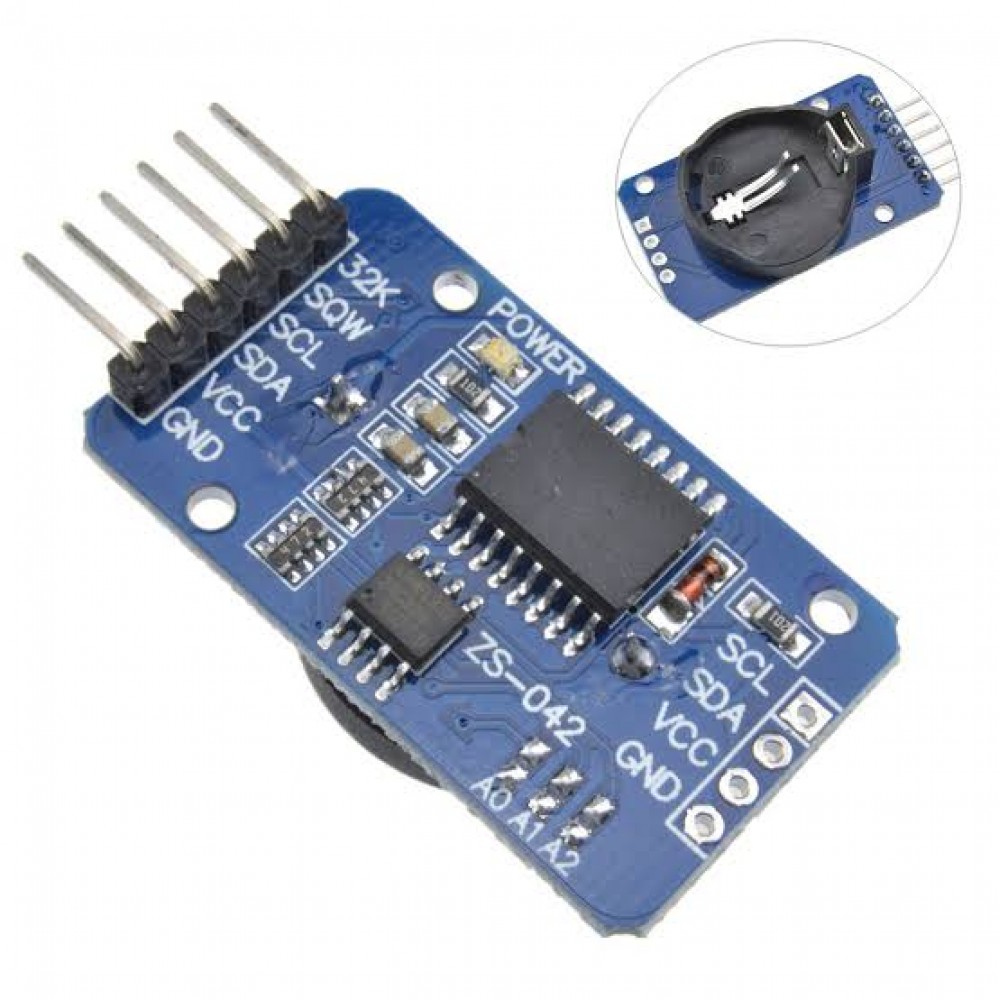
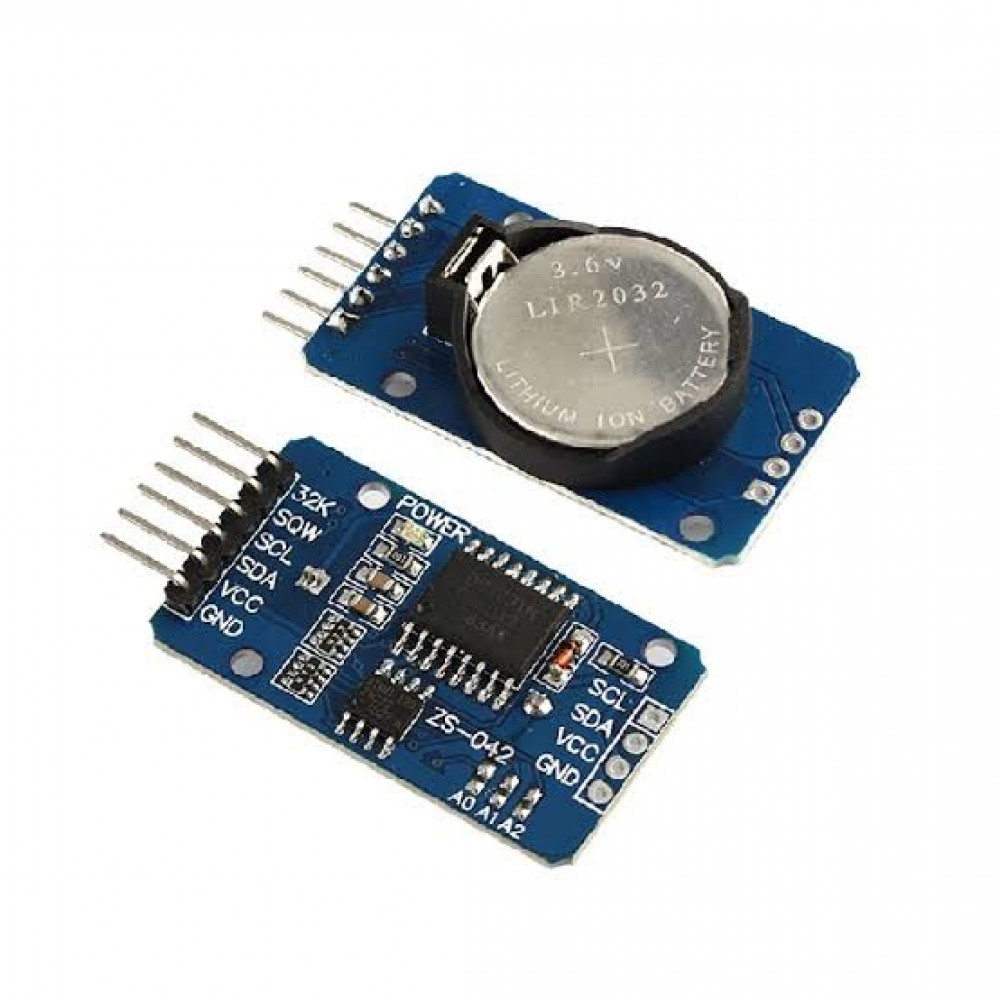
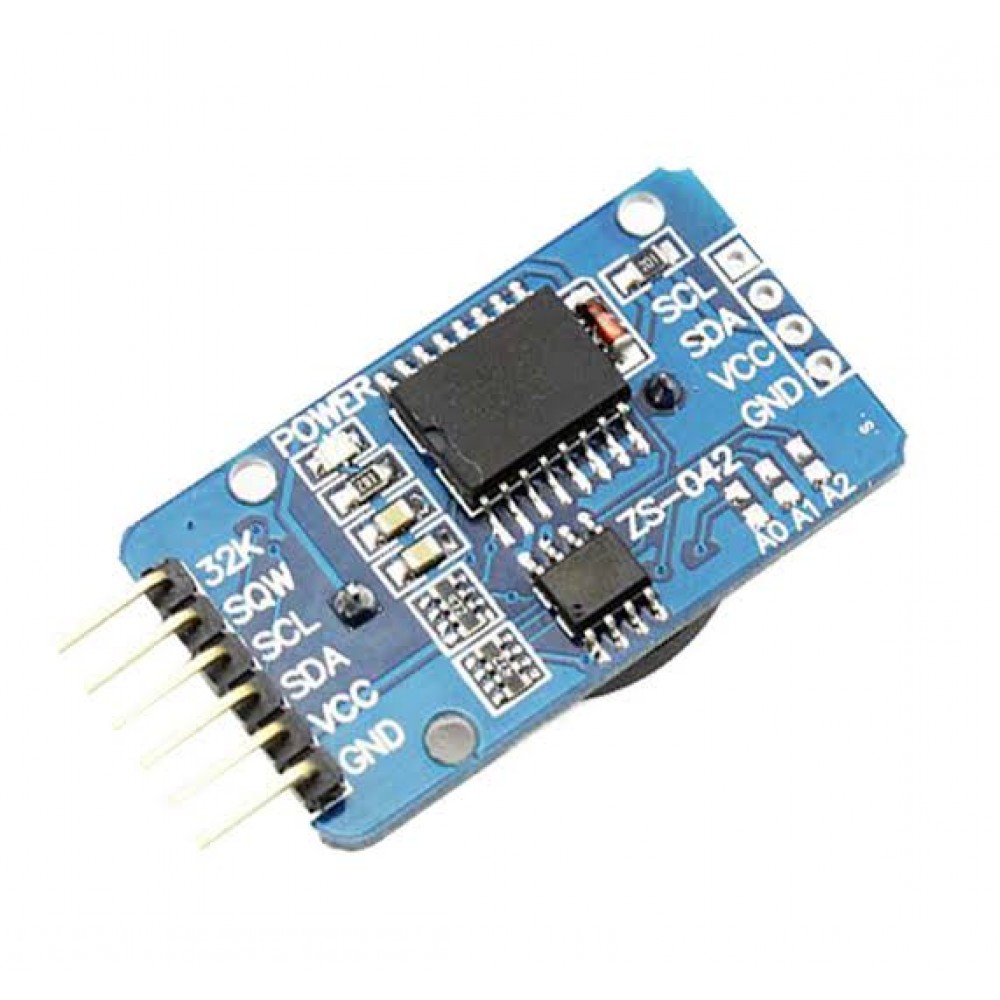
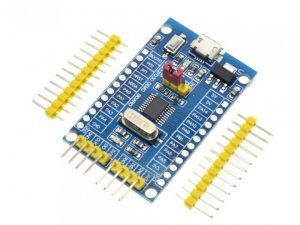
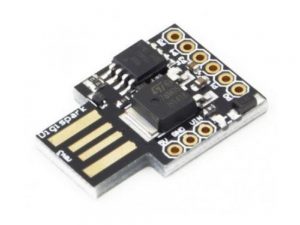
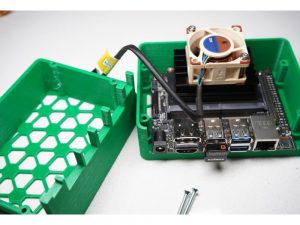
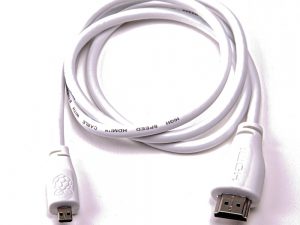
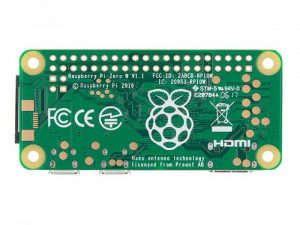
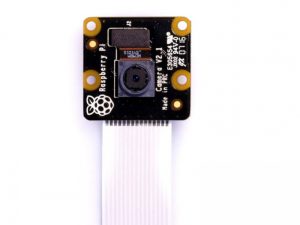
Reviews
There are no reviews yet.